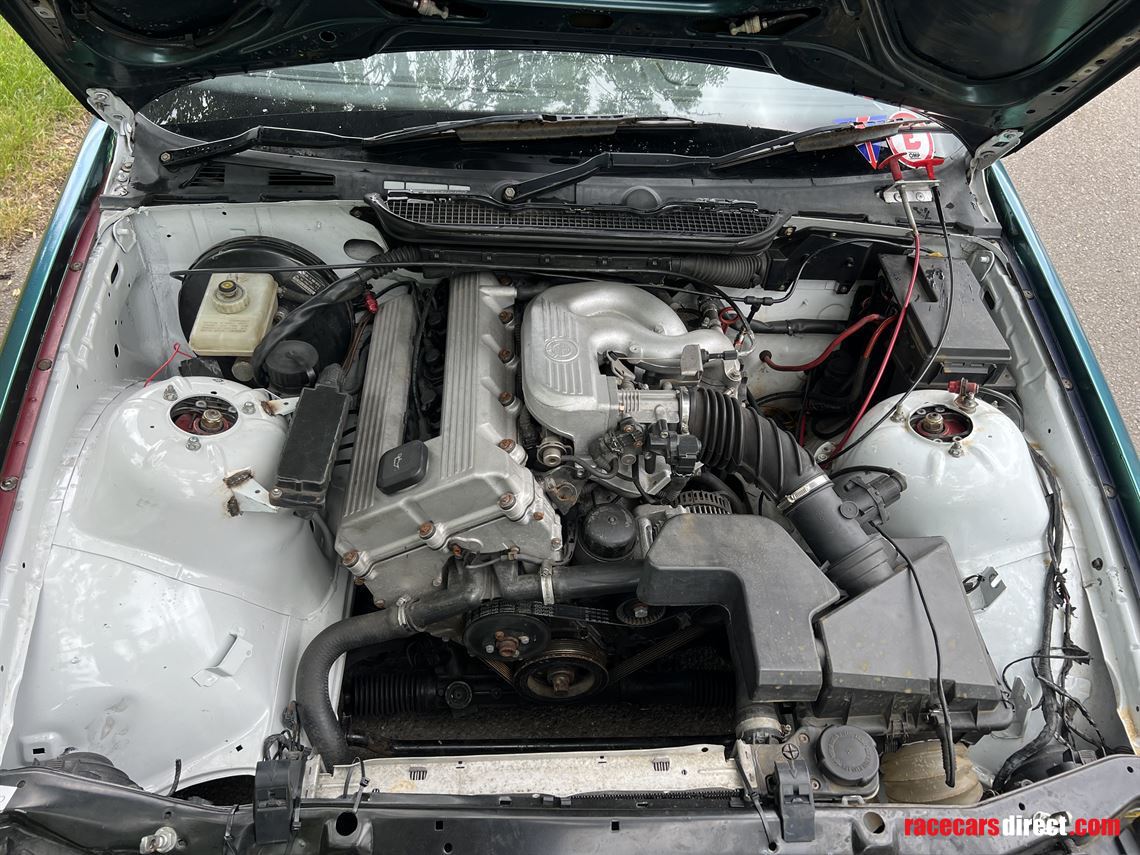Trick Features to Search For When Buying an Engine for Automotive Applications
When taking into consideration the purchase of an engine for vehicle applications, numerous crucial features necessitate mindful examination to make certain optimal performance and capability. From power and performance capacities to sustain performance, adherence, and resilience to emissions criteria, each facet plays a vital duty in determining the engine's suitability for certain vehicle needs. In addition, cost-effectiveness stays a pivotal consider the decision-making process, balancing top quality with monetary factors to consider. These attributes jointly add to the general performance and integrity of the engine, influencing the driving experience and lasting contentment of the user.
Power and Efficiency
When selecting an automotive engine, buyers prioritize power and performance to make certain ideal driving experience and effectiveness. The power outcome of an engine, commonly determined in horse power (HP) or kilowatts (kW), determines the velocity, full throttle, and total abilities of a car. Greater power rankings generally lead to quicker acceleration and much better efficiency, specifically throughout overtaking or carrying heavy lots. Efficiency, on the various other hand, includes a wider spectrum of qualities, including fuel performance, exhausts, dependability, and general driving dynamics. A well-performing engine not only provides power effectively however also operates smoothly throughout various rate varieties and driving conditions.
Furthermore, factors such as engine hybrid, displacement, and turbocharging modern technologies play substantial duties in enhancing both power and performance degrees. Inevitably, selecting an engine that offers a powerful combination of power and efficiency ensures a efficient and gratifying driving experience.
Gas Efficiency
Optimizing gas effectiveness is a vital consideration for consumers when evaluating automotive engine choices. The effectiveness of an engine straight influences operating expense and ecological impact. One crucial element influencing gas effectiveness is the engine's layout and innovation. Modern engines with features like straight gas shot, turbocharging, and variable shutoff timing can substantially enhance fuel efficiency by improving burning processes and decreasing power loss. Furthermore, the general weight of the engine and automobile, in addition to the aerodynamics, play important functions in establishing fuel consumption.

Sturdiness and Dependability
Attaining lasting performance and reliable procedure is necessary for customers evaluating the longevity and reliability of automotive engines. When considering an engine for vehicle applications, resilience refers to the engine's ability to stand up to wear, tension, and extreme operating conditions over a prolonged duration. Integrity, on the other hand, suggests that the engine can constantly do its desired feature without unforeseen malfunctions or failings.
Consumers need to try to find engines built with top quality products and accurate engineering to guarantee long life. Parts such as pistons, bearings, and crankshafts ought to be resilient to handle the engine's power output without premature wear. Furthermore, engines geared up with advanced cooling systems, effective lubrication, and robust filtering systems have a tendency to show higher degrees of integrity.
Regular upkeep and adherence to producer recommendations are also essential variables in protecting an engine's longevity and integrity. By adhering to maintenance schedules, making use of suggested fluids, and addressing any issues without delay, customers can make the most of the life-span and efficiency of their automotive engines. Eventually, focusing on resilience and reliability in engine selection can bring about a much more satisfying ownership experience with fewer unanticipated disturbances.
Emissions Conformity
Making sure compliance with emissions policies is a crucial element of assessing automobile engines for environmentally mindful consumers. With enhancing worries about air top quality and ecological impact, rigorous discharges requirements have actually been put in location globally to reduce unsafe contaminants released into the ambience. When buying an engine for auto applications, it is important to consider its discharges compliance to minimize the carbon impact and comply with lawful needs.
Modern engines are furnished with sophisticated discharge control technologies such as catalytic converters, exhaust gas recirculation (EGR) systems, and careful catalytic reduction (SCR) to decrease harmful exhaust gases like nitrogen oxides (NOx), carbon monoxide (CARBON MONOXIDE), and hydrocarbons (HC) These systems play a critical duty in making sure that the engine meets the specified emissions standards and runs within allowable restrictions.

Cost-effectiveness
When taking into consideration auto engine purchases, assessing cost-effectiveness is extremely important for customers looking for both efficiency and worth. Cost-effectiveness in engine acquisition entails greater than simply the preliminary purchase rate. It includes the general costs associated to upkeep, gas intake, and prospective fixings over the engine's life-span. Selecting an engine that uses an equilibrium between lasting financial savings and in advance prices can lead to significant advantages for the consumer.
One secret aspect of cost-effectiveness is fuel effectiveness. Engines that are made to make the most of gas economy can result in significant cost savings gradually, specifically for people that drive often or over fars away. Additionally, considering the accessibility and cost of extra components and maintenance can add to the overall cost-effectiveness of an engine. Ensuring that upkeep and fixings are easily accessible and affordable can avoid unanticipated financial problems down the line.

Final Thought
Finally, when buying an engine for auto applications, it is critical to consider essential functions such as power and performance, gas toughness, performance and reliability, exhausts conformity, and cost-effectiveness. These variables are vital in guaranteeing that the engine fulfills the needs of the Your Domain Name car and operates efficiently in various driving problems - bmw 318ti. Making an informed decision based upon these standards will ultimately result in a effective and effective auto engine purchase
From power and efficiency abilities to sustain longevity, adherence, and performance to discharges criteria, each facet plays an essential function in establishing the engine's viability for specific vehicle requirements. Engines designed to run on alternate fuels such as electrical power, hybrid systems, or biofuels can provide improved fuel economic climate and lower exhausts contrasted to typical gas or diesel engines. Customers ought to thoroughly think about the gas efficiency ratings and modern technologies included right into automobile engines to make educated acquiring choices that line up with their top priorities for price financial savings and sustainability.
When taking into consideration an engine for automotive applications, toughness refers to the engine's ability to stand up to wear, stress, and extreme operating problems over a find more info prolonged duration.In final thought, when acquiring an engine for automobile applications, it is critical to consider key features such as power and performance, fuel integrity, efficiency and sturdiness, exhausts compliance, and cost-effectiveness.